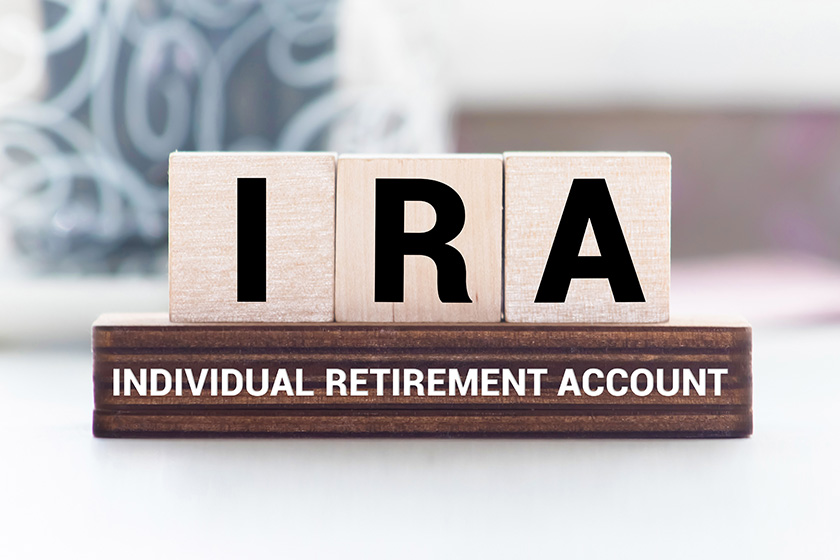To some extent, managing money after retirement may get easier. You hold your cash, so choices are straightforward or restricted. Considered from other angles, the principles of money management change during retirement. This may appear more troublesome to you.
Be Tax Efficient With Withdrawals
Each penny matters for managing money during retirement, which applies much more concerning retirement tax savings. Each retirement account you hold might be taxed distinctly, or you may seek to plan carefully on how or when you get withdrawals from every account. Some essential tips for consideration:
- Prioritize withdrawal with your Required Minimum Distributions (RMDs) –compulsory leaves which begin from age 72.
- Try a Roth conversion to put time between when or the amount you get taxed.
- Take note of how the amount you withdraw every year or the way withdrawals alter your tax bracket.
- Taxes are very complex and what may work for you usually differs from solutions that work for all others.
Focus On Creating Retirement Income
Supposing you were constantly saving money to retire, you might likely experience worry over setting apart a maximum savings sum. Still, upon retirement, many experts posit that one should not fret over profits, investing in actively analyzing solutions to transform your retirement assets into stable retirement revenue.
Consider, research shows that retirees who have secured their retirement incomes are content and do not panic like retirees who take erratic withdrawals from retirement savings. Annuities remain a method to transform retirement reserves into a stable income source.
Make Trade-Offs — Know What is Important to You
“I want it all, and I want it right now” refers to a retirement money management mantra that does not work perfectly for all. The positive news remains that in the retirement phase from our years, many understand – more than ever – what we prefer or desire. If you concentrate on what truly matters to you, you might discover that you may waste fewer savings.
Supposing a holiday in Europe is a high priority. You may likely get this done regardless of financial issues. It might demand much more active prioritizing or actively holding back costly habits in your retirement.
Look At Your Home Equity
Experts project that home equity will probably eventually assist many of us sufficiently fortunate to own a property. Home equity may represent our most significant reserve of material riches in many households. At the same time, you have various ways that you can spend these riches to assist with saving for retirement.
Downsizing allows you to access the wealth stored in your property and may be a good choice if you stay in a high-cost location or extend beyond your actual retirement needs. Supposing you like where you live or seek to remain there over the retirement years. The reverse mortgage may become a preferred method of eliminating mortgage bills or loaning your home equity. Retirement does not signal the end of managing money for retirement.
Prioritize Spending on Yourself
The family remains a constant, steady source of solace. Still, unless you actively budget to financially assist adult offspring, sisters and brothers, or your elder parents, you may not have the funds to help them with finances. Upon your entire retirement, you may not have the same general earning capacity. You have to remain content with your existing savings. For retirement, every bill has to get paid duly.







